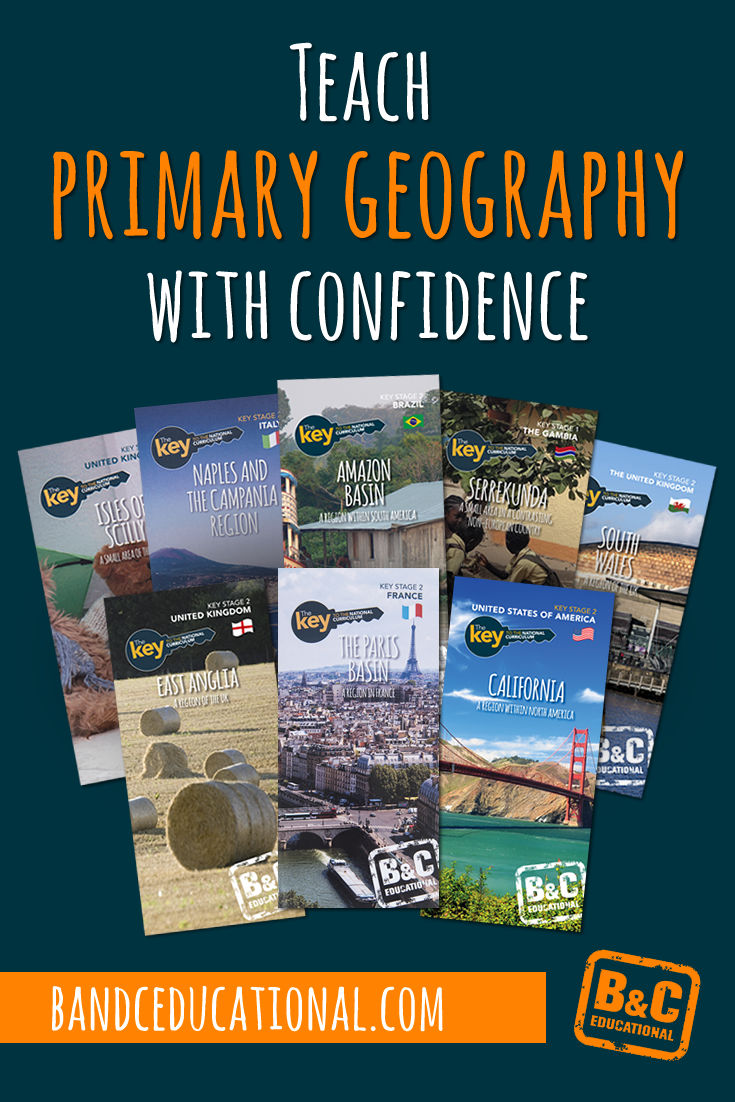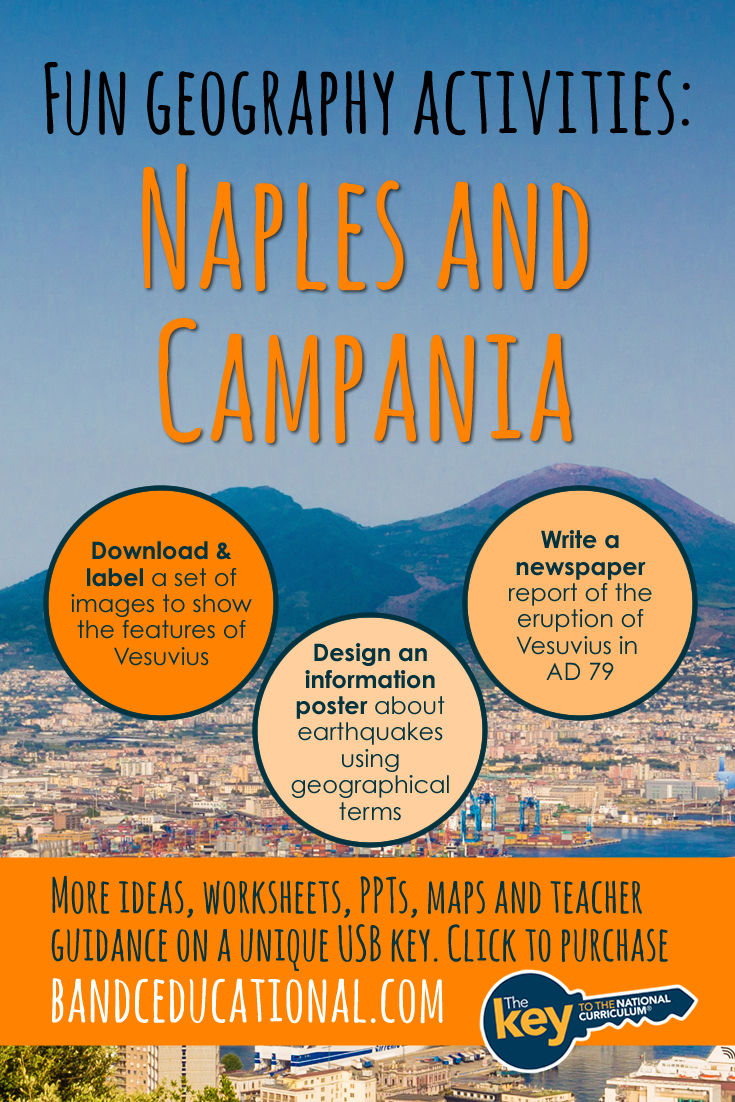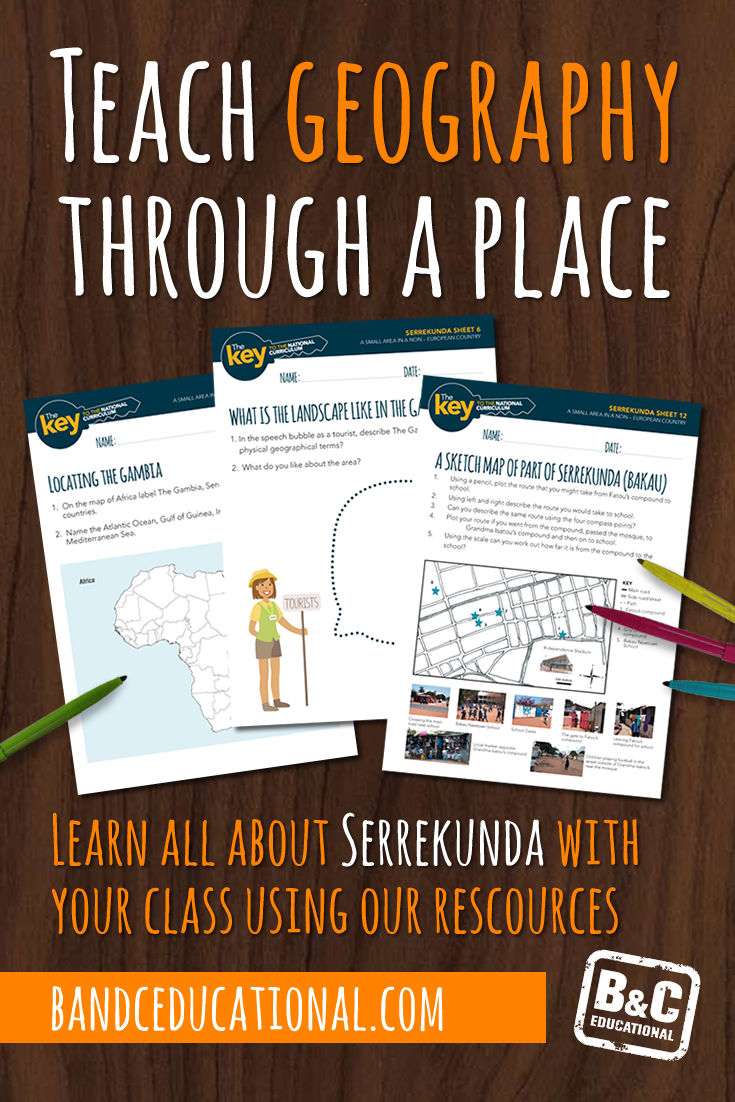What is a deep dive into geography?
- Des and Pam
- Oct 10, 2019
- 4 min read
Updated: Nov 2, 2022

The new Ofsted framework, quality of education judgement, aims to ensure that the children receive their National Curriculum entitlement and the foundation subjects come back to the fore. Children are entitled to a broad and balanced curriculum, rich in cultural capital, which will equip them to cope with the next stage of their lives. “Deep dives, a connected curriculum, focus on the delivery and impact of the education on the children” may raise eyebrows and indeed heart rates, but should it? Our system has always demanded a broad and balanced curriculum, but there has been a tendency to narrow the curriculum to meet targets set in the core subjects, it is surely liberating to be encouraged to develop coherent and connected curricula for the foundation subjects. Ofsted say “We strive for our inspection to be a force for improvement.”
Under the new framework much of the inspection will focus, not on the planners of the school’s curriculum, but on those who deliver it and those who receive it. It is a change not only to talk to children, but co-ordinators and subject leaders, it gives practitioners the opportunity to celebrate the exciting work that they do.
Each primary school can expect a ‘deep dive’ into 3 to 5 of their subjects. Reading will be investigated and perhaps maths, but up to three of the foundation subjects may be considered. Foundation subject curricula will need to be coherent, connected and contextual and be seen to be leading to known outcomes or end points. This is not new, it is what good teachers have always known. This is a good opportunity for geography in particular, to raise its profile and claim its true place as a valuable and useful subject with many opportunities to develop ‘cultural capital’.
The new Ofsted method is to:
• Share a Top Level view with leaders to consider the offer and to whom and when it is intended.
• Undertake a Deep Dive gathering evidence about the Intent, Implementation and Impact of the curriculum.
• Bring it together to ensure there are no systemic weaknesses.

GEOGRAPHY CO-ORDINATORS
To help remove the anxiety and uncertainty for Geography Co-ordinators, B&C Educational suggest 8 points to help you meet the challenge of a deep dive into your geography curriculum:
1. Curriculum
Beginning with EYFS ensure that the curriculum content, sequencing and progression are secure. The content must deepen knowledge and skills at this stage in preparation for KS1. Inspectors will look at the children’s achievements and your EYFS curriculum should provide "no limits or barriers to the children’s achievements, regardless of their backgrounds, circumstances or needs". AT KS1 and 2 consider the purpose and value of geography for your pupils, how what you teach fits into a coherent and sequenced programme. This is the why, what, when and who you are teaching: the rationale, the sequencing, the timing of topics and selection for year groups. Children will need to know when they are studying the subject geography (and not geography disguised as a topic). Your geography curriculum will have recognised end points and be arranged in a coherent way to deliver the content and spirit of National Curriculum geography (this is geographical knowledge and skills).
2. Staff training
Staff training, especially subject knowledge enhancement, is an area you need to address. You will need to know how your teachers are enriching their own subject knowledge and how they can be offered help and support. An evidence file of staff needs, courses and parent views of the subject could be created.

3. Thinking like a geographer. Children will need to develop a range of geographical skills (such as map reading, compass work, photo interpretation, fieldwork) and use geographical vocabulary to express their geographical ideas. You can enhance this with knowledge organisers.
4. Work scrutiny Inspectors may look at a selection of children’s books, so you will need to ensure that there is an appropriate system of where geography is recorded and developed and all staff understand how the system devised works.
5. How geography links into the wider school curriculum. You will need to see links with other subjects, this may be planned or fortuitous but nonetheless valuable. However evidence needs to be collected and provided.
6. Fieldwork
Geography is an enquiry-based subject with fieldwork being paramount. Fieldwork is a vital part of geographical learning and the National Curriculum encourages work around the school, its grounds, surrounding environment and local area. Fieldwork needs to be shown to be an integral part of a coherent and connected curriculum and is a good way of building cultural capital. EYFS children need to be outside experiencing their surrounding environment.
7. Action plan
The inspectors understand that the 2019 framework is new and it will take time for schools to adapt to the new demands. You will need a plan to show how the focus on geography is being addressed over time.
8. Lesson observation and work scrutiny.
You may be asked to observe a lesson with an inspector. Wise co-ordinators may have practised by sharing lesson observations with a member of the SLT.

Get in touch if you have any questions or find out more about our how our 'Key' geography series can help your school.




Hozzászólások